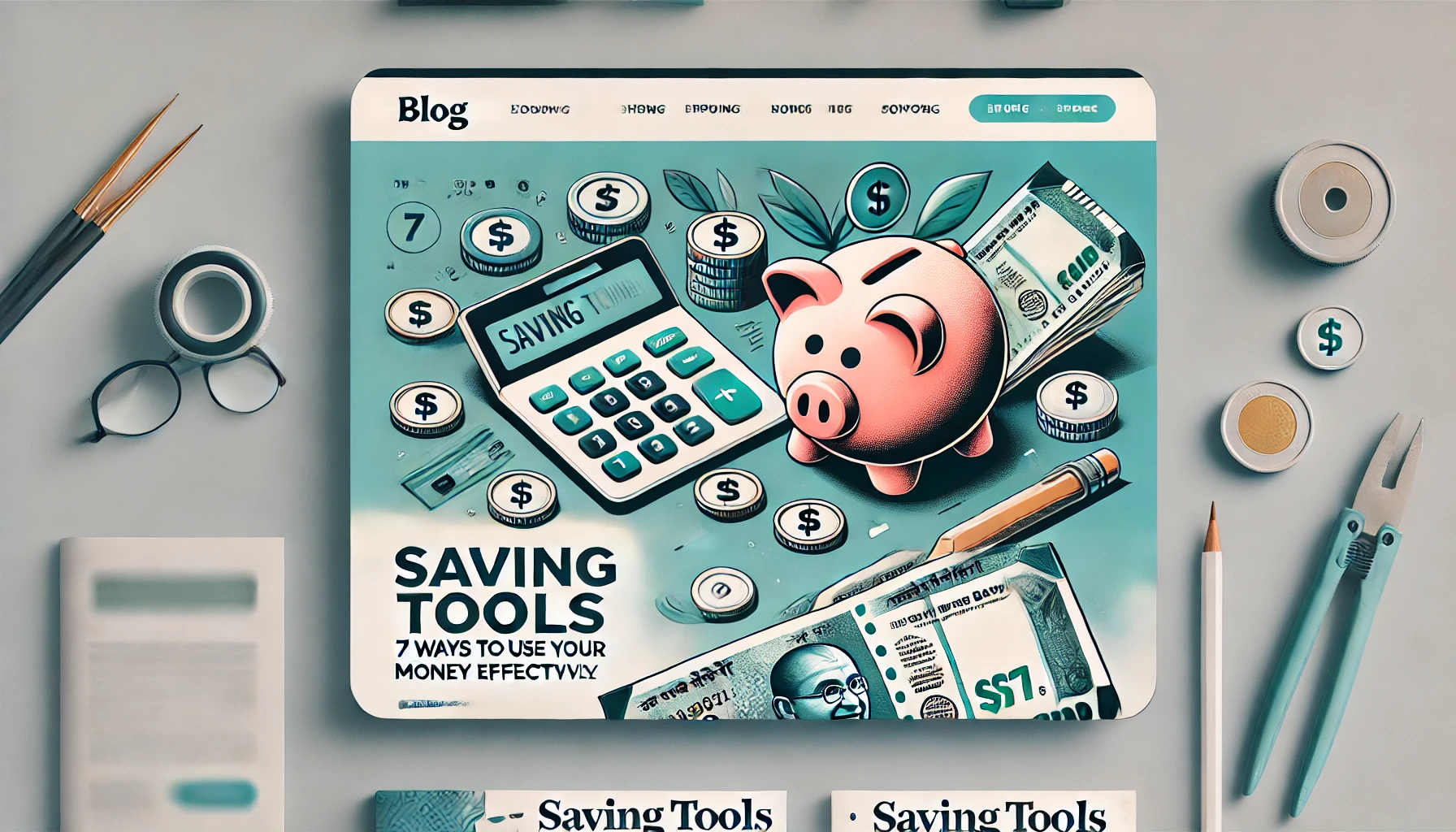
"How to Build a Strong Financial Foundation at 23: A Roadmap to Financial Freedom"
It's never too early to start thinking about financial independence. By setting clear financial goals and creating a structured plan, anyone can build wealth and secure a prosperous future. In this blog, I’ll guide you through the essential steps to take control of your finances at the age of 23 and lay the groundwork for financial freedom.
Introduction
Financial freedom isn’t just a dream—it’s a goal that can be achieved at any age, but starting early gives you a significant advantage. At 23, you're at a pivotal point where you can start setting the financial habits that will support your future success. Whether you aim to build wealth, invest wisely, or simply manage your money better, the earlier you start, the better. Here's your roadmap to financial freedom.
1. Set Clear Financial Goals
The first step to financial freedom is having a clear picture of where you want to be in the future. Start by setting short-term, medium-term, and long-term financial goals. Ask yourself:
-
What do I want to achieve in 1 year? (e.g., Save ₹2-3 lakh)
-
Where do I see myself in 5 years? (e.g., buying a car or house)
-
What does financial freedom look like at 30? (e.g., being debt-free with investments bringing in passive income)
Having these goals will provide a sense of direction and motivate you to stay on track.
2. Build an Emergency Fund
Life is unpredictable, and having an emergency fund can help you navigate any unexpected situations, from medical bills to job loss. A good rule of thumb is to save at least 3-6 months’ worth of expenses in a liquid savings account.
-
Why It’s Important: It ensures you're not forced to use credit cards or loans in emergencies, which can delay your wealth-building efforts.
3. Start Saving Aggressively
At 23, time is your biggest ally. The earlier you start saving, the more your money can grow with compound interest. Aim to save at least 20-30% of your monthly income. This can be done by:
-
Cutting unnecessary expenses: Take a close look at your spending habits and reduce non-essential expenses.
-
Setting up automated transfers: Set up a system to transfer a portion of your salary directly into a savings or investment account, so you're forced to save.
4. Build Credit & Avoid Debt
Having good credit is essential when you need to apply for loans in the future, such as for a car or home. Start building a solid credit score now by:
-
Paying bills and credit cards on time.
-
Keeping your credit card balances low.
-
Avoiding high-interest debt, like payday loans or excessive credit card debt.
5. Start Investing Early
Investing is the key to growing your wealth over time. There are several ways you can start investing at 23:
-
Mutual Funds: Start an SIP (Systematic Investment Plan) in a large-cap or balanced fund for consistent growth with moderate risk.
-
Stocks: If you're willing to take more risk, stocks can offer higher returns. Research and invest in blue-chip stocks or growth stocks.
-
Retirement Accounts: Even if retirement seems far away, start investing in retirement accounts like PPF or NPS for tax benefits and future security.
The key here is to start early and be consistent. The power of compounding works best when you give it enough time.
6. Diversify Your Investments
Don’t put all your eggs in one basket. Diversification helps spread risk and ensures you're not overly dependent on any single source of income.
-
Asset Allocation: Invest in a mix of stocks, bonds, real estate, and even precious metals to build a diversified portfolio that aligns with your risk tolerance.
-
Real Estate: If possible, start looking into affordable real estate options for future investment. This can act as both an income generator (rent) and an asset that appreciates over time.
7. Monitor Your Financial Progress
Regularly reviewing your financial progress is crucial to ensuring you stay on track. Set up a monthly or quarterly review of your:
-
Budgeting and expenses
-
Investment performance
-
Net worth (Assets – Liabilities)
This will help you identify any areas for improvement and celebrate small wins along the way.
Conclusion
Becoming financially independent at 30 is possible if you lay the groundwork today. The key is starting early, setting clear goals, managing debt wisely, and making smart investment choices. By sticking to this plan, you’ll build a strong financial foundation that will set you up for success and pave the way for wealth creation in the years to come.


.png)

'. The design should include.webp)
